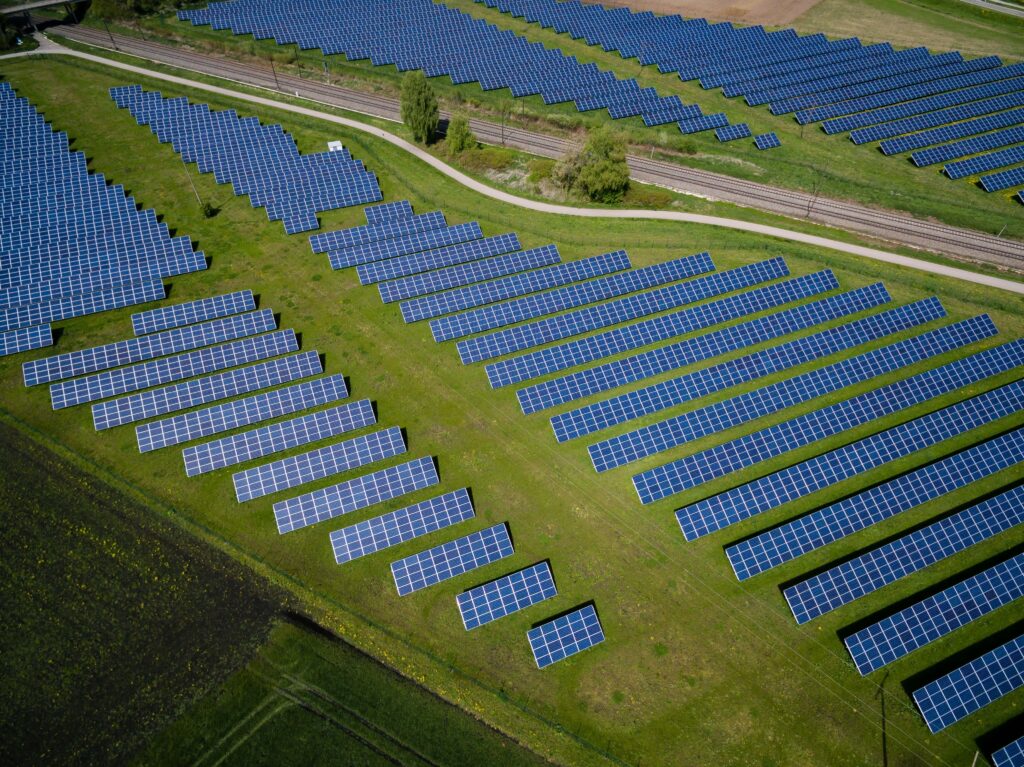Energy, often termed the lifeblood of modern civilization, has perennially been at the heart of geopolitics. Historically, the quest for energy resources, primarily oil and gas, has influenced policies, triggered conflicts, and determined alliances. The 21st century, however, is witnessing a profound shift in the energy landscape. As the world gravitates towards renewable energy in response to climate change imperatives and technological advances, the geopolitical matrix is undergoing a significant transformation. This transition from fossil fuels to renewable sources is reshaping global power dynamics, bringing to the fore new challenges and opportunities in the realm of international security.
Emergence of New Energy Leaders
Traditional energy powerhouses, like Saudi Arabia, Russia, and Venezuela, have long wielded influence by virtue of their vast oil and gas reserves. Their ability to control production and influence prices granted them significant leverage on the global stage. However, the renewable transition is democratizing the energy landscape. Sun and wind, the primary sources for renewable energy, are ubiquitous. Nations with technological prowess in harnessing renewables, such as China in solar panel manufacturing or Denmark in wind energy technology, are emerging as the new energy leaders. This shift is reducing the hegemony of traditional oil-rich nations, potentially leading to a redistribution of global power and influence.
Decentralization and Energy Security
One of the pivotal advantages of renewable energy is its potential for decentralization. Unlike conventional energy sources that require centralized production and distribution, renewables enable distributed generation. Homes, businesses, and communities can generate their own electricity through solar panels or wind turbines. This decentralization enhances energy security by reducing vulnerabilities associated with supply chain disruptions, geopolitical conflicts, or infrastructure attacks. However, it also introduces new challenges. The integration of myriad energy sources into national grids requires sophisticated technologies and infrastructure. Moreover, as countries become less dependent on oil imports, the strategic significance of securing supply routes, like major sea lanes, might diminish, altering military and defense postures.
Economic Implications and Strategic Realignment
The renewable transition is not just an environmental imperative but also an economic one. As the cost of renewable technologies continues to decline, they are becoming increasingly competitive compared to fossil fuels. This shift has substantial implications for countries dependent on oil and gas exports for their economic well-being. Falling demand for fossil fuels can lead to economic challenges for these nations, potentially leading to social unrest or political instability. Conversely, countries currently reliant on energy imports stand to gain from reduced energy costs and enhanced energy self-sufficiency. This economic recalibration is likely to result in strategic realignment, with nations forging new partnerships based on technological collaboration, investment in green infrastructure, and shared renewable energy goals.
In conclusion, the global transition to renewable energy is reshaping the contours of geopolitics and security. As the significance of oil and gas wanes, new paradigms of power and influence are emerging, grounded in technological innovation, economic resilience, and environmental stewardship. While this shift promises a more sustainable and inclusive global energy landscape, it is essential to navigate the attendant challenges judiciously. By recognizing and addressing the security implications of the renewable transition, nations can collaboratively forge a future that is not only greener but also more peaceful and stable.

